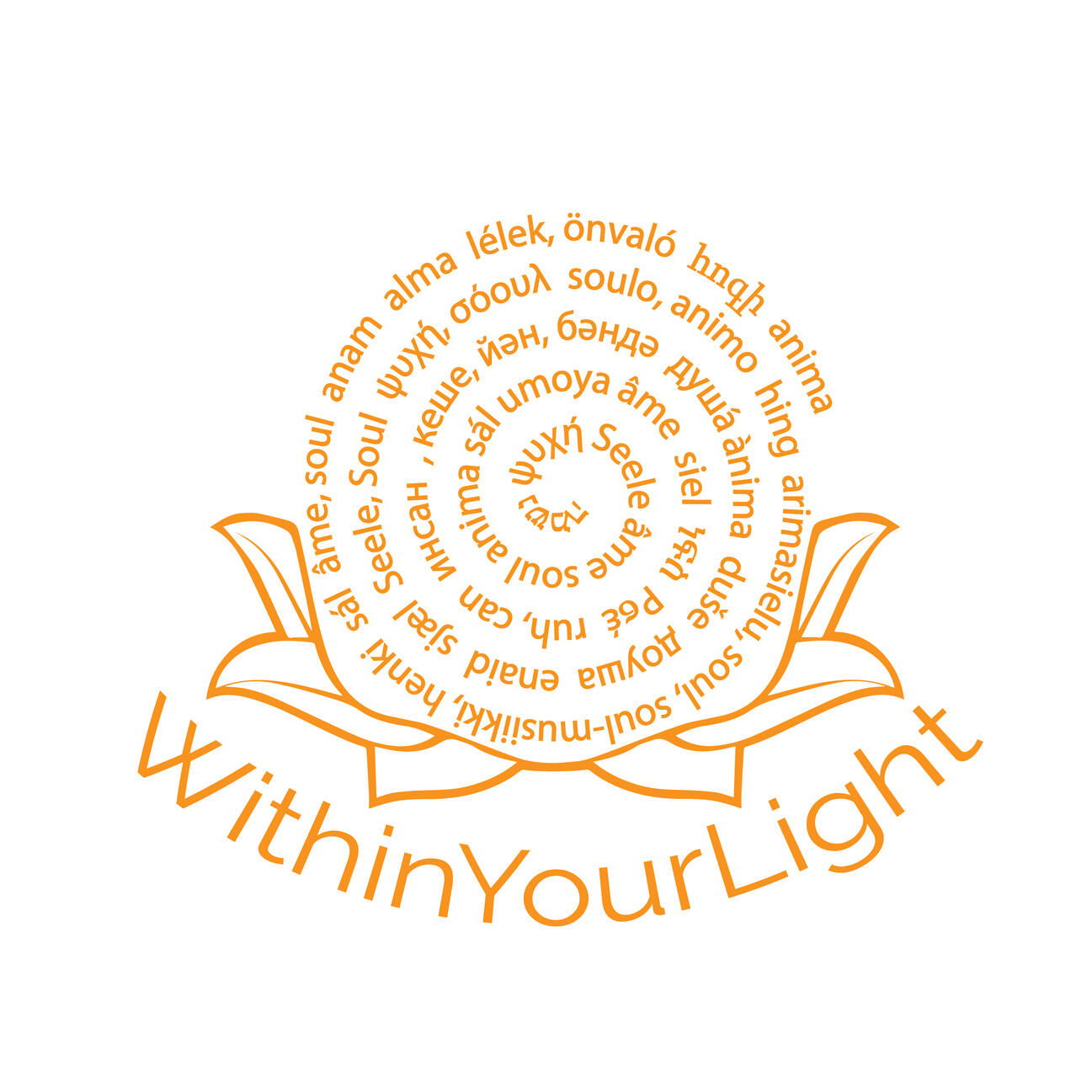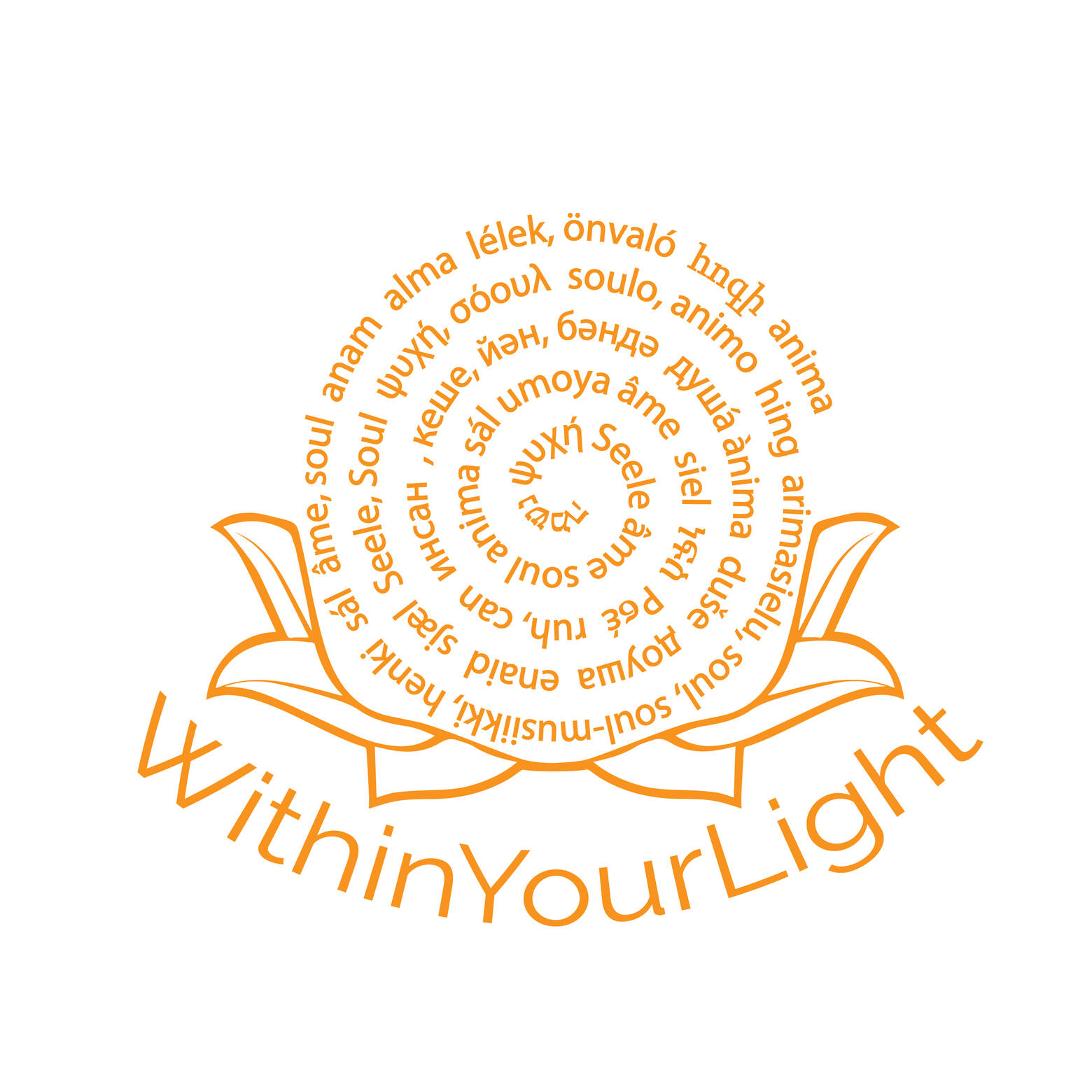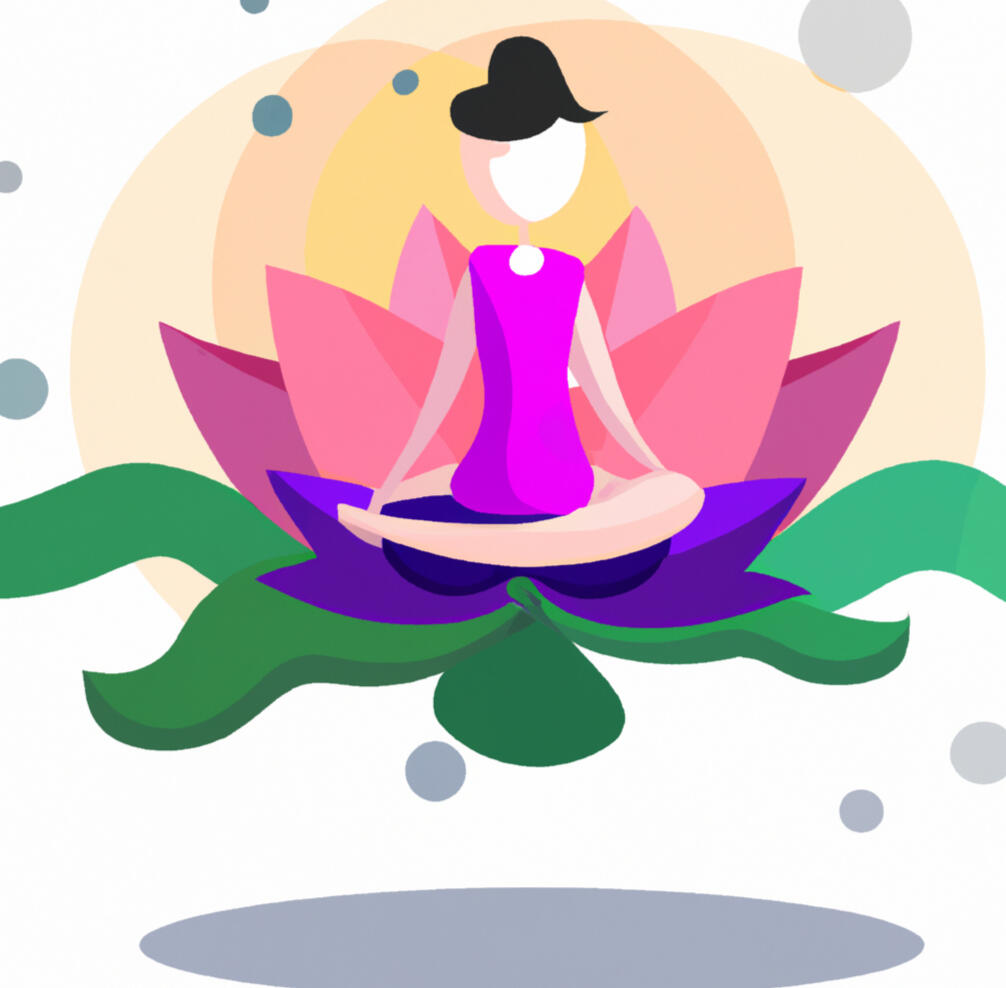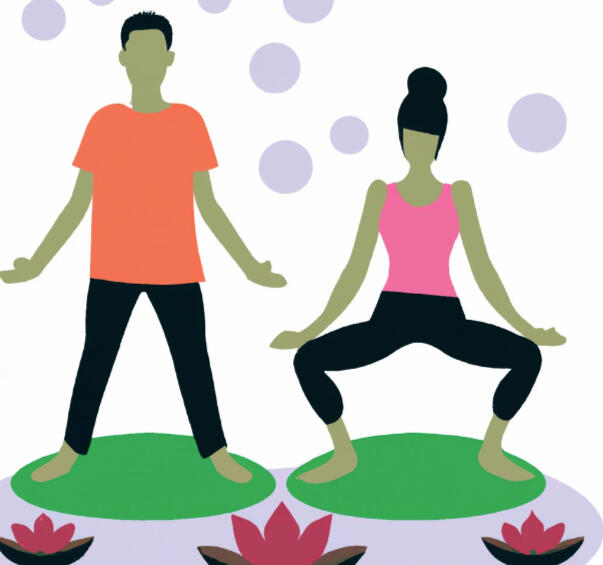
WITHINYOURLIGHT.com
We are your companion in the self-discovery journey
About
Welcome to Within Your Light, a spiritual journey to discover your true self through the lens of biosocial psychology and neuroscience.This website is intended to be a guide, a companion, and a source of inspiration as you explore the depths of your soul and mind while also understanding the science behind it.We believe that every human being is a unique expression of the light and that the connection between the physical, emotional, and spiritual aspects of our being is complex and intertwined.Our goal is to help you understand the science behind the mind-body connection. In addition, we will provide you with a biopsychosocial perspective based on the latest scientific research in neuroscience, psychology, and biology.We understand that the journey of self-discovery can be challenging and sometimes overwhelming. That is why we will guide you through the understanding of the neural pathways and chemical processes that shape our thoughts, emotions, and behaviors.We will help you understand how our brain functions, the impact of our environment and past experiences, and how to use this knowledge to create positive changes in your life.We will also provide you with cultural wisdom, religious teachings, and ideological principles that can provide a holistic approach to help achieve the goal of self-discovery.We believe that by combining the latest scientific research with ancient wisdom, we can offer you a complete understanding of the human experience.We believe everyone is born with an inner light guiding them through life. However, as we grow older, we may forget that light and our surroundings may obscure our path, but you have the power to turn on the light again.
We want to help you rediscover your inner light by exploring your conscience, your cellular level, and your habits, and learn to handle the past traumas that may be blocking you.
We will assist you in healing the wounds of your distress and restoring peace in your life through a combination of psychological and neuroscience-based techniques.We invite you to join us on this spiritual journey of self-discovery, where we will explore the depths of your soul and the heights of your spirit while also understanding its science. So trust in the journey, and let us be a part of it.
Remember that therapy is essential in the healing process and that we are only a tool to understand and learn; we are not a replacement for a psychologist.Interested? Get in touch!

MEDITATION

By, Walsh, R., & Shapiro, S. L. (2006). The meeting of meditative disciplines and western psychology: A mutually enriching dialogue. American Psychologist, 61(3), 227–239.
By, Krishnakumar, D., Hamblin, M. R., & Lakshmanan, S. (2015). Meditation and Yoga can Modulate Brain Mechanisms that affect Behavior and Anxiety-A Modern Scientific Perspective. Ancient science, 2(1), 13–19.
By, Charoensukmongkol, P. (2014). Benefits of Mindfulness Meditation on Emotional Intelligence, General Self-Efficacy, and Perceived Stress: Evidence from Thailand.
Journal of Spirituality in Mental Health, 16 (3), 171–192.
By, Gallant, S. N. (2016). Mindfulness meditation practice and executive functioning: Breaking down the benefit. Consciousness and Cognition, 40, 116–130.
By, Gutierrez, D., Fox, J., & Wood, A. W. (2015). Center, light, and sound: The psychological benefits of three distinct meditative practices. Counseling and Values,
60 (2), 234–247.

Looking for the union of mind-body-spirit?
Daily, practice yoga postures and breathing techniques to achieve harmony and balance in the mind, body, and spirit.
Social psychologist Amy Cuddy argues that "power posing" -- standing in a posture of confidence, even when we don't feel confident -- can boost feelings of confidence and might have an impact on our chances for success.
Michael Merzenich studies neuroplasticity — the brain's powerful ability to change itself and adapt — and ways we might make use of that plasticity to heal injured brains and enhance the skills in healthy ones.
Wendy Suzuki is researching the science behind the extraordinary, life-changing effects that physical activity can have on the most important organ in your body: your brain.
Neuroscientist Sandrine Thuret says that we can. She offers research and practical advice on how we can help our brains better perform neurogenesis—improving mood, increasing memory formation, and preventing the decline associated with aging along the way.
| Neurotransmitters | Function | Effect of Deficit | Effect of Surplus |
|---|---|---|---|
| ACETYLCHOLINE | Excitatory: stimulates muscle contraction; involved in memory, learning, and general intellectual functioning. Found in both the central nervous system and the parasympathetic nervous system. | Alzheimer's | |
| DOPAMINE | Inhibitory: involved in the movement, attention, learning, and pleasurable sensations. Produced in the substantia nigra, ventral tegmental area, and the hypothalamus, projecting to the frontal cortex and the nucleus accubens. | Parkinson's | Schizophrenia |
| SEROTONIN | Inhibitory: involved in sleep, moods, and emotional states, regulating anxiety, appetite, and pain control. Found in the enteric nervous system in the gastrointestinal tract (the gut). Also produced in the central nervous system in an area of the brain stem called the raphe nuclei. | Anxiety, mood disorders, insomnia | Autism |
| Neurotransmitters | Function | Effect of Deficit | Effect of Surplus |
|---|---|---|---|
| Norepinephrine | Excitatory: involved in increasing heartbeat and arousal, as well as learning and memory retrieval. | Mental disorders, especially depression. Produced in the adrenal glands, also produced within the brainstem and hypothalamus. | Anxiety |
| GABA (gamma-aminobutyric acid) | Inhibitory and Excitatory: help to offset excitatory messages and regulate daily sleep-wake cycles | Anxiety, bipolar disorder | hypersomnia (oversleeping) and a lack of energy. Found in the hippocampus, thalamus, basal ganglia, hypothalamus, and brain stem. |
| Endorphins | Inhibitory: involved in pain reception, lowering the transmission of pain signals to the brain and promoting euphoria and positive emotions. Made with in the hypothalamus and pituitary glands. | Feelings of depression, headaches, anxiety, mood swings, and a condition called fibromyalgia (chronic pain). | This could lead to an addiction to exercise. |
| Neurotransmitter | Supporting Foods |
|---|---|
| Serotonin | Tryptophan-rich foods such as turkey, eggs, dairy, nuts, seeds, and legumes. |
| Dopamine | Tyrosine-rich foods such as lean meats, fish, eggs, spinach, and beans |
| GABA | Magnesium-rich foods such as almonds, walnuts, lentils, brown rice, and oatmeal |
| Acetylcholine | Choline-rich foods such as eggs, fish, poultry, and soy |
| Norepinephrine | Vitamin C-rich foods such as citrus fruits, berries, and leafy greens |
| Endorphins | Spicy foods like chili peppers, ginger, and turmeric, dark chocolate, and a moderate exercise |
It's important to note that this is not an exhaustive list and that a balanced diet with a variety of fruits, vegetables, lean proteins, and whole grains can also support overall brain health. Additionally, it's important to consult a healthcare professional before making any significant changes to your diet, especially if you have any underlying medical conditions.
Contact
We are always happy to improve thanks to your feedback.
Seattle, Washington 98047
info@withinyourlight.com






